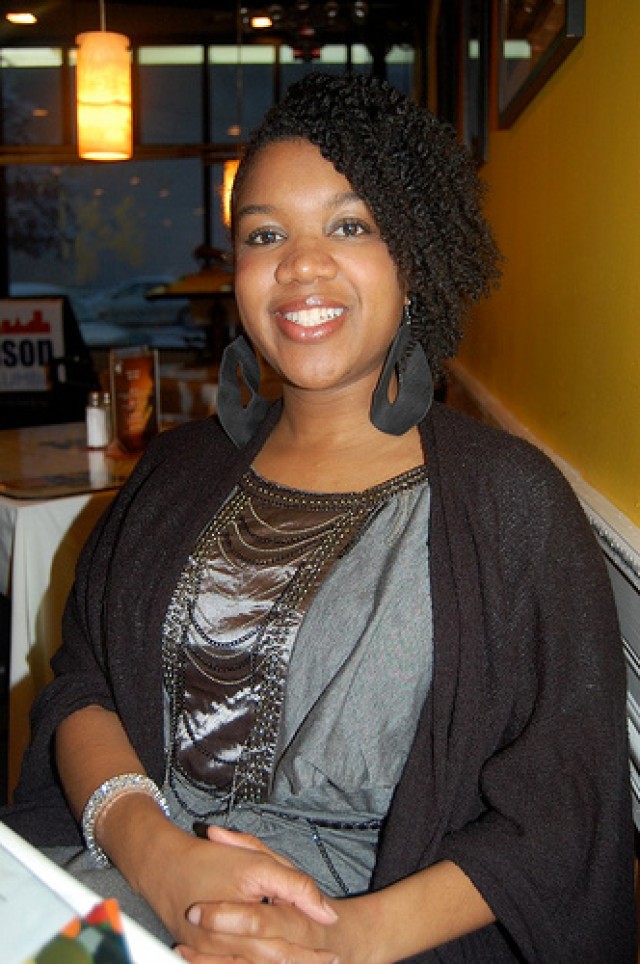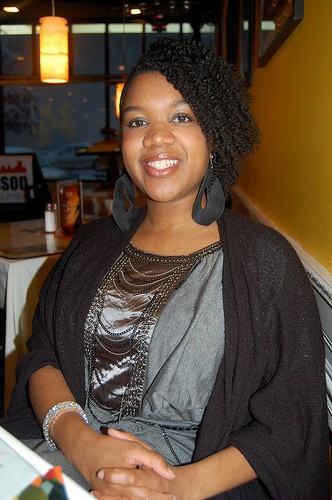FORT JACKSON, S.C. -- A few months ago, I overhead two guys having a conversation while waiting in line to order their sandwiches.
"Do you work at the fort'" one man asked. When the other replied in the affirmative, the first man asked him if he was an instructor. As the conversation continued, I learned that the Fort Jackson employee was a former Soldier who has worked on post many years as an instructor. I even found out exactly where he worked. Unfortunately, everyone else around us did, as well.
Many of us would call that conversation basic chit-chat. But operational security folks might call it a recipe for disaster. A lot of us know that we should zip up in public about those things that are critical to post operations, but potential terrorists can also use bits of seemingly innocuous information to piece together something bigger. We should think of information as a puzzle; several smaller puzzle pieces comprise the big picture. Once each of those pieces has been put in its proper place, we can see that it's a tree or a summer landscape.
Here is one example I remember from OPSEC training.
The phone rings and caller a asks to speak to Joe.
"No, I'm sorry Joe isn't here," responds the person who answers the call. "He's on a job in Bermuda for the next two weeks, and since the kids were out of school, he took his family for a vacation. Can I take a message'"
The caller now knows that Joe's house is likely empty for two weeks, and that he also has school-aged children.
Let's take something that probably hits a bit closer to home - Facebook.
A quick search on Facebook for U.S. Army takes me to one of the site's community pages. For those not familiar with them, community pages are sort of unofficial pages created by Facebook that provide "the best collection of shared knowledge" on a given topic. Read: those who post about said topic may have his or her post filtered into a feed that will show up on that page. More than 10,000 people "like" the Army's community page, which is just a fraction of the approximately 430,000 whom like the official page.
But 10,000 followers is nothing to sneeze at.
One post I recently saw on the community page is from a loving mom missing her Soldier, who is assigned to one of Fort Jackson's Basic Combat Training units.
Though the mother's Facebook page is private, I can still read her name. Besides knowing her son's first name, I also know his unit. Now I can send Mom an urgent message saying that her son hasn't gotten paid and needs to borrow $300 (or $500 or $1,000) until pay day. Once I have the unit and company, finding out the commander's name is a breeze; now I have enough information to ease any of Mom's concerns enough to convince her to send me the money.
In this age of ever-changing technology, it is easy to log onto a laptop or on a cell phone and let our friends and family know what we're doing, even as we're doing it. But we have to remember that much of the information we share online is available for everyone to see, and some of those people may not have our best interests in mind. Think of it this way, protecting your personal information is one (fairly easy) way to protect your family.
And for me, my family is worth more than a status update on Facebook.


Social Sharing